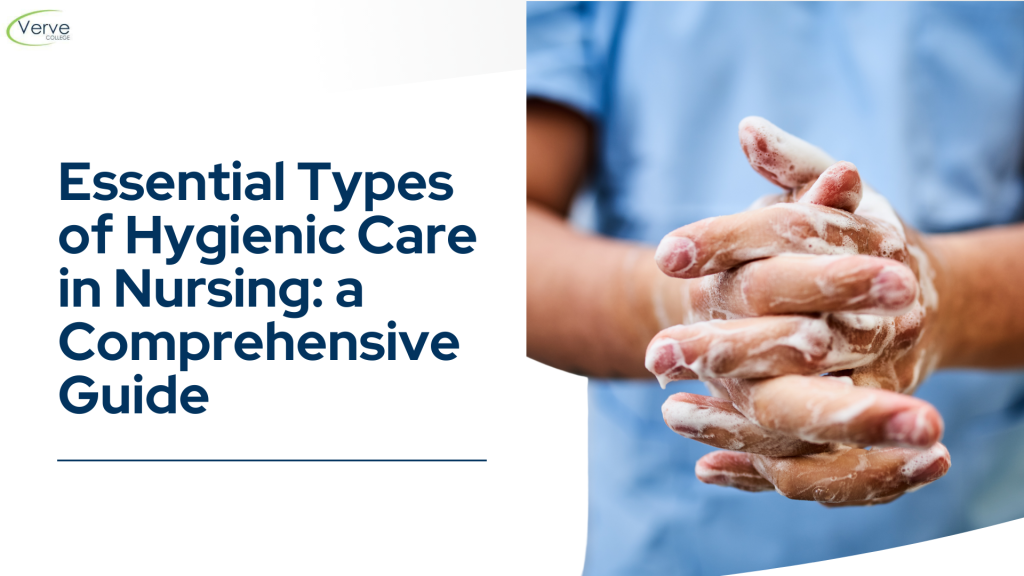- Oak Brook:(630) 705-9999
- Chicago:(312) 920-8822
- Email:inquiry@vervecollege.edu
- Make a Payment
- Home
- Programs
- Admission
- Resources
- ATI Entrance Exam Resources
- New E-Digital Library
- Refer a Friend
- School Newsletter
- Events
- Employers
- Job-Network
- Alpha Beta Kappa Candidates
- Verve College Library
- Graduation and Pinning Ceremony Photo Galleries
- Textbook Information
- Career Services
- Tutoring
- School Catalog
- FAQ
- Constitution Day Program
- Alumni
- Verve College Plans
- Financial Aid
- HEERF Reporting
- Satisfactory Academic Progress
- Apply For Financial Aid
- Net Price Calculator
- Return of Title IV Funds (R2T4)
- Financial Aid Office Code of Conduct
- Contact
- FAQs
- Verification Policy
- Vaccination Policy
- Student Right-to-Know Act
- Misrepresentation
- Information Security Program
- Academic Award Year
- Availability of Employee
- Cost of Attendance
- Health & Safety Exemption Requirement
- Students Rights and Responsibilities
- Leave of Absence
- Pell Formula
- Military Students
- Grants/ Scholarship Policy
- Contact Us
- Testimonials
- Blog
Is a Nursing Career Right For You?
Take The Free Quiz
Essential Types of Hygienic Care in Nursing: A Comprehensive Guide
Essential Types of Hygienic Care in Nursing: A Comprehensive Guide
Hygienic care is critical in nursing, with studies indicating that over 700,000 healthcare-associated infections (HAIs) occur annually in the United States. These infections can cause prolonged hospitalization, increased cost of healthcare and more mortality rates. So, proper hygiene methods are crucial not only to ensure the mental health of patients but also to avoid complications caused by infections. In the field of nursing hygiene plays an important role in ensuring an environment that is safe for patients. Proper hygiene of the hands and Personal Protective Equipment (PPE) and regular hygiene are essential elements that aid in reducing the chance of contracting HAIs. Anatomy and physiology classes has covered all the topics related with hygienic care types in nursing.
Types of Hygienic Care in Nursing
1.Personal Hygiene Care
The importance of maintaining a body clean and healthy lifestyle is to ensure the health and well-being of patients improving recovery rates and overall health. According to the Centers for Disease Control and Prevention (CDC), healthcare-associated infections can significantly increase the risk of complications and extend hospitalization. Thus, the need for personal hygiene during nursing care isn’t only a matter of good manners and a necessary aspect of the patient’s care.
Definition and importance of Personal Hygiene Personal hygiene refers to ways to maintain cleanliness and improve physical health. It covers the activities people do every day like grooming, bathing, and oral hygiene. Good hygiene at home prevents spread of infections, improves patient dignity and overall health and comfort, which can positively impact the healing process.
Related:- Importance of Regular Health Assessments for Nursing Home Patients
2.Grooming
Assistance in doing hair care and their nails, grooming, and shaving helps to maintain their dignity and self-esteem. *Oral Care Regular brushing and Rinsing can maintain your oral health by avoiding the possibility of pneumonia aspiration in patients who are unable to take care of themselves.
2. Hand Hygiene
Hand hygiene is crucial in preventing healthcare-associated infections (HAIs), with studies showing that proper hand washing can reduce infection rates by 30-50%. Hand hygiene that is effective includes washing hands with detergent and warm water, for a minimum of 20 seconds or using a hand soap that contains at least 60 percent alcohol. It is crucial for healthcare professionals to practice hand hygiene prior to and after patient contact, prior to performing procedures, as well as after handling potentially harmful materials. By following these guidelines, you can ensure an environment that is safe for patients as well as reducing the spread of infection within hospitals. Hand hygiene is a must for nursing care.
3. Environmental Hygiene
It is essential to maintain a healthy environment in the healthcare setting and research has shown that the presence of contaminated surfaces contributes to the spread of infection. Regular cleaning of high-touch surfaces, like bed rails and doorknobs, reduces the risk of healthcare-associated infections. The proper disposal of waste that includes the proper segregation of hazardous substances, are vital. Nurses play an essential role in ensuring cleanliness and ensuring that the workplace is secure and conducive to the recovery of patients. These disciples are taught in licensed practical nursing schools.
4. Measures to Control Infections
A brief overview of practices for controlling infection in nursing Personal safety equipment (PPE) of health screenings for patients and nursing staff
5. Instructing Patients on Hygiene Practices
Highlight the importance of education to patients for better hygiene. Use the most effective self-care teaching strategies and methods. Invite family members into the process to help reinforce hygiene and good behaviors.
Conclusion
In summary, the essential aspects of nursing hygienic practices includes individual hygiene, infections prevention, along with environmental sanitation. It is essential for healthcare providers and nurses who are currently educated from anatomy and physiology course near me to focus on these methods to improve the health and safety of patients. Continuous learning and improvements in the practice of hygienic hygiene are essential to meet the ever-changing healthcare issues and improve overall the quality of healthcare.
 Sign up
Sign up Login
Login




